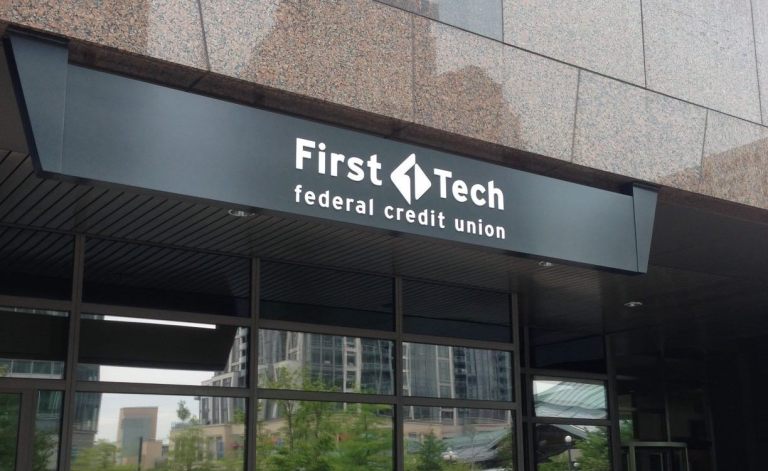First Tech Federal Credit Union on Pulling FinTechs Into the Partnership Fold to Boost Innovation

Credit Unions that want to be more like FinTechs are now partnering with them to burnish their digital bona fides. In the Credit Union Tracker, First Tech Credit Union’s Mike Upton explains how FinTechs and CUs collaborate on everything from digital wallets to P2P payments.
With the pandemic accelerating digital transformation, credit unions (CUs) are looking at FinTechs as not just competitors, but as valuable partners that can help them meet members’ needs. First Tech Federal Credit Union relies on such partners to enhance many of its operational aspects. Shoring up its mobile and online banking platforms has prompted the CU to forge FinTech partnerships that mesh with the rest of its digital technologies to meet specific member needs.
“Not all of our partners are going to make all the solutions,” said Mike Upton, chief digital and technology officer at First Tech Credit Union. “We plug in other FinTech capabilities so that we can deliver innovation faster to our members, but still do it in a way that it harmonizes with the overall experience.”
FinTech partnerships have also helped First Tech expand its consumer lending reach by providing loan origination pipelines, and the CU leverages an application programming interface (API) that allows FinTechs to easily integrate services and products.
“We’ve positioned ourselves to be very flexible to integrate FinTech partners, where ‘coopitating’ makes the most sense — we both compete, but we cooperate,” Upton said.
Keeping Harmony in a Competitive Market
Collaborating with FinTechs, even those that would traditionally be considered competitors, has enabled First Tech to bring innovation to its members more quickly, but it is the framework of tools behind the scenes that make innovations possible and keep members’ experiences consistent. First Tech uses its existing software tools and APIs to facilitate FinTech partnerships and deploy collaborative solutions that fit seamlessly into the member experience.
Upton said that FinTechs excel at focusing on a single use case, which means First Tech can focus on enhancing member experiences across the board, rather than on any one product or service.
He also noted that many of First Tech’s members come from technology-oriented companies, such as Hewlett-Packard, Microsoft, Cisco and Intel, and ensuring that such members can access the latest digital banking tools is especially important.
“Our members work in the technology space, and they have very high expectations,” Upton said. “We have to find ways to integrate FinTech into our experiences. There isn’t a scenario whereby we would be building all of those types of capabilities. We are not a software company. We’re a credit union.”
Getting There Faster and Safer With Mature FinTechs
The focus FinTechs bring to a partnership helps accelerate innovation, and partnering with mature FinTechs that have already weathered their early stages of development can significantly reduce risk. Upton pointed to Zelle as an example of how First Tech approaches such partnerships.
“We were the first credit union in America to offer the Zelle [peer-to-peer] payment network,” he explained. “Our ability to ‘coopitate,’ to partner, to integrate Zelle into our experience let us be what we would call a ‘fast follower’ in that situation, and that is a perfect spot for us.”
Similarly, Upton explained that First Tech identified interest from its members in being able to use near-field communication point-of-sale terminals when the technology was still relatively nascent. As a result, the CU partnered with another FinTech to satisfy demand by offering Apple Pay.
“It was one of those technologies that we felt signaled to our membership that we were in the game, that we understood it and that we were going to get in really, really early — even though there was not a tremendously strong use case,” he said.
Upton added that as CUs seek to engage with younger demographics, the ability to smoothly integrate new solutions and augment members’ experiences with the latest technologies will become critical. Partnering with FinTechs can ultimately offer credit unions a way forward that allows them to retain their community-oriented focus and close member relationships while remaining technologically relevant.